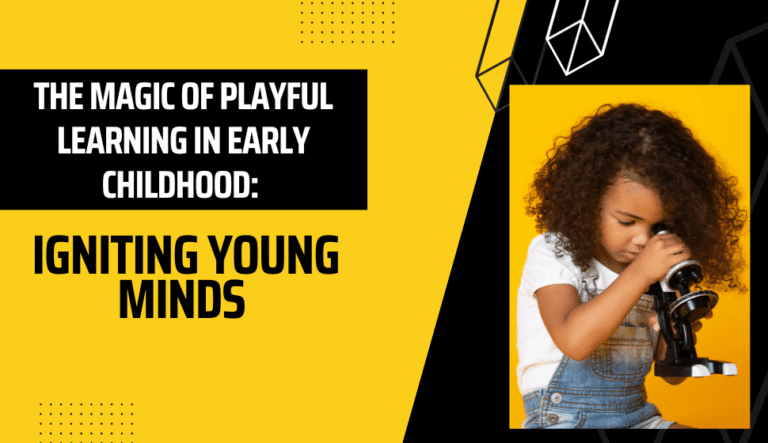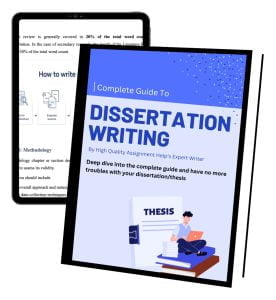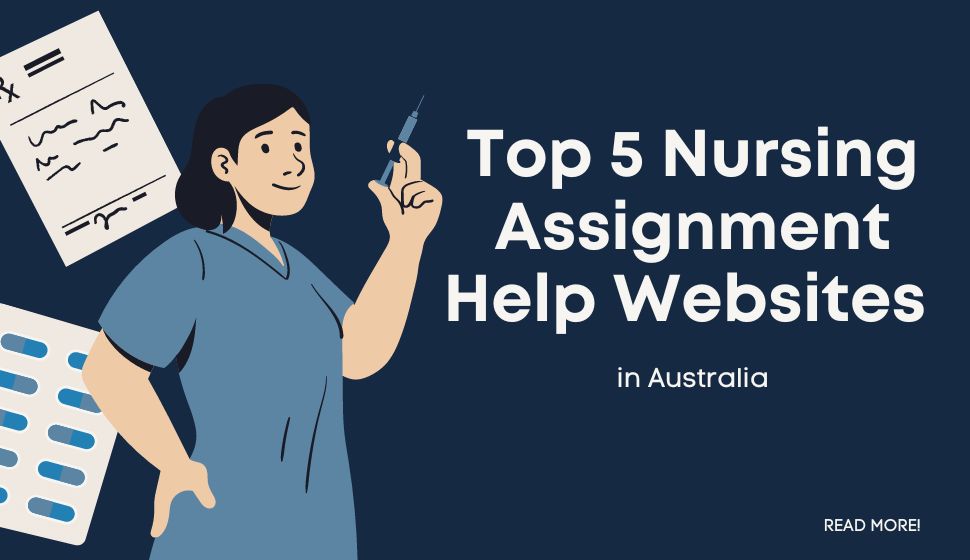The ultimate objective of early childhood education is to promote child development. These formative years lay the groundwork for a child’s lifelong learning journey, so it’s essential to make the most of them. Playful learning is one of the most effective and pleasurable strategies to support a child’s growth. This blog will examine the value of playful learning in early childhood education and examine how it affects different facets of a child’s development. Join us as we explore how play can mold children’s minds and lead them to a lifetime of study.

A revolutionary approach to teaching, The Power of Playful Learning in Early Years smoothly combines play and learning. Young minds are given the tools they need to grow crucial cognitive, social, physical, and emotional abilities while having fun. Children develop their problem-solving ability, social skills, physical coordination, and emotional intelligence through activities like creating, interacting, and imaginative play. Playful learning creates a solid foundation for lifetime learning and makes learning interesting and fun. It encourages curiosity, creativity, and resiliency, making sure that kids start their educational journey with a genuine love of learning and a strong foundation for success in the future.
- Cognitive Development
The process by which people learn and hone their intellectual talents, such as thinking, problem-solving, and understanding, is known as cognitive development. It includes the development of cognitive abilities like language, perception, reasoning, and memory. It is possible for people to process information, make decisions, and adapt to their environment as they go from fundamental sensory experiences to higher-level cognitive functions during cognitive development. This important component of human development is most noticeable during childhood and adolescence, when people are laying the cognitive groundwork for their future learning, decision-making, and problem-solving capacities.
- Social Development
Social development is the gradual acquisition of social skills that enable individuals to interact and communicate with others in their social environment. It entails having the ability to build and maintain relationships, comprehend social norms, cooperate, share, empathize, and resolve conflicts. The beginning of social development, which lasts the remainder of a person’s life and is affected by events and interactions, occurs in early infancy. Successful social development enhances overall well-being and societal cohesion by fostering healthy connections, emotional intelligence, and a feeling of community. Success on a personal, intellectual, and professional level depends on it.
- Physical Development
Physical development is the expansion and improvement of a child’s physical aptitudes and motor competencies. It includes the growth of both fine motor abilities, which need more dexterous motions like gripping objects, drawing, and writing, as well as gross motor skills, which include bigger muscle groups and movements like crawling, walking, and running. In addition to enhancing a child’s physical abilities, this growth phase is essential for their overall health and well-being. It enables kids to discover their surroundings, partake in physical activity, and cultivate virtues like agility, balance, and coordination that are crucial for leading healthy lives.
- Emotional Development
The steady maturity of a person’s capacity to recognize, comprehend, express, and effectively control their emotions is referred to as emotional development. Individuals gain coping skills for a range of emotional situations as well as the ability to manage their feelings and those of others. In order to establish good connections, increase self-esteem, and promote resilience in the face of adversity, emotional development is essential. It changes during the course of a person’s lifetime but is especially important in the early years when basic emotional abilities are developed. This has an impact on a person’s emotional health and social interactions for the rest of their life.

Conclusion
It is impossible to stress the importance of playful learning in the early years of education. It acts as a potent conduit for a child’s growth in the areas of cognition, socialization, physicality, and emotion. Playful learning guarantees that the basis for a lifetime of learning is not only strong but also enjoyable. Early childhood education builds the groundwork for this journey.
As we come to the end of our examination into the importance of enjoyable learning in the early years, it is obvious that early childhood education is a crucial stage in a child’s development. This time period sows the seeds of curiosity and excitement for learning. Therefore, it is essential to establish a setting that promotes its development.
Don’t be afraid to ask for early childhood education assignment help if you need assistance navigating the complexities of early childhood education assignments or if you simply want professional advice. Our specialists are here to support you along your academic path and make sure you realize the full potential of this exciting profession.
In conclusion, playful learning is the link between child development and early childhood education, ensuring that children start their educational journeys with joy, curiosity, and a solid basis for lifetime learning.






